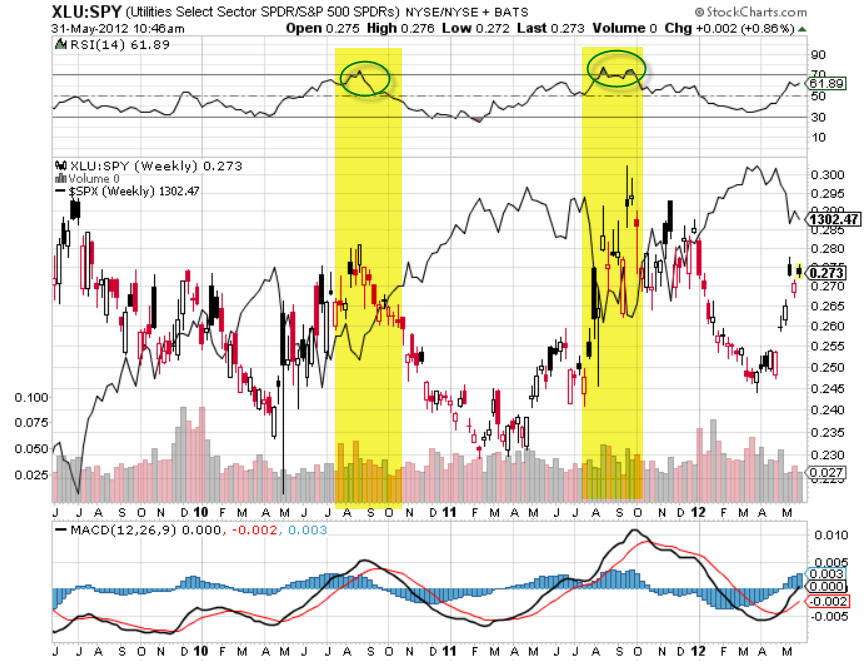Procrastination is rarely a good thing when it comes to personal finance and wealth accumulation.
American consumers collectively paid $12 billion in late credit card fees last year, while others pay a big price for not getting serious about retirement savings early in their work careers.

There’s always tomorrow
Some people are put off by the complexity of the task or the prospect of facing hard truths about their financial situation. Others don’t want to own a financial decision that may turn out badly.
Many times, it’s simply a lack of perceived time in the day.
The good news is that inveterate procrastinators (or late-comers) can breakout of their bad habits with a little determination and homework. Making smart financial decisions can give you a satisfying sense of taking control of your life.
The key is identifying the most pressing problems and then taking action in a dispassionate, rational way.
Here are four areas where people tend to put off things, year in and year out.
1. Roll over that 401(k)
A surprising number of job changers leave money in their old 401(k) plans — some 27% of over 50-year-olds according to one survey.
It’s worth weighing whether a new employer’s plan has better performance and lower fees.
Another option is to consider rolling over the old plan into an IRA product, where no-load and low-fee funds have become standard.
If you’re the type of investor who likes personalized advice and greater investment options, it may even pay to work with the asset management unit of a financial institution, online portfolio manager, or an outside financial advisor.
If you go this route, just make sure you understand the fees you will be paying.
2. Do your estate planning
Nobody likes to dwell on their own demise. Maybe that’s why so many American’s never get around to making a will or doing other estate planning.
Big mistake, and it will be your family and loved ones who pay the price.
If you die without a will, your assets go into probate, a complicated legal process that can take months (and significant legal bills) to sort out. Here’s where the opportunity for long-lost-second-cousins to come out of the woodwork can arise.
And even if that’s not an occurrence, the whole process can be exhausting and time consuming for loved ones who are already dealing with a devastating loss.
In probate, you will have no say in how your assets are divvied up. A probate judge will be calling the shots.
To avoid that fate, find a competent estate attorney and write up a will and consider a “living will” with instructions for end-of-life medical treatment.
Keep a list of key of contacts for insurance agents, corporate human resources, financial advisers, pension administrators and the Social Security Administration. Share it with your spouse and dependents.
If you’ve accumulated a lot of wealth, a trust may be an option. They come in all stripes, so consult with an expert.
Yes, it’s hassle a and there are legal fees to do proper estate planning.
On the other hand, you can rest easy knowing that your loved ones will be taken care after you are no longer around. You’ve worked hard for your wealth, so don’t let someone else decide how it’s used when you’re no longer able to have a say.
3. Take a hard look at your advisor
If your money manager is consistently underperforming the market during the good years and getting crushed during the bad ones, there could be a problem.
Ignoring it could be costly to your personal wealth. A frank talk about investment strategy and performance should happen sooner rather than later.
This includes truly understanding the full scope of fees you may be paying for your wealth management, and deciding if the final less-fees return is really satisfactory to you.
If your adviser becomes unresponsive to your needs, or you realize the returns aren’t what you’re wanting, it could be time to make a move.
This can be complicated if the business relationship is a long one or if the adviser is a family friend.
Should ending the relationship outright seem too rash, one possible solution is taking a percentage of your the assets elsewhere, and trying that out to compare to the current advisor.
Many online platforms offer easy setup and transparent views of fees and returns, so you’ll have some hard facts to use when deciding if you should “jump ship” from your current portfolio manager.
Not to mention, when you move your portfolio management online, there are usually no hard, emotional “break up” conversations if you decide that solution isn’t right for you after all.
And if you enjoy your long-time advisor’s advice for some things, but enjoy the control and transparency of online investing, who says you can’t do a bit of both?
4. Re-balance, re-adjust, automate
Portfolios have a tendency to drift from original allocation goals overtime. A investment strategy that started out with a 50% exposure to equities can suddenly go to 75% if profits are taken off the table and reinvested.
That’s why the money pros recommend portfolio rebalancing.
This refers to the habit of regularly buying or selling investments to make sure a portfolio sticks to the strategic asset allocation goals that sync with your financial goals and risk tolerance.
However, it probably makes sense to review your portfolio on a quarterly or semiannual basis. And it might be time to rebalance if your allocations drift by 5% or 10%.
Or, you can go even further and choose a solution that does some of that legwork for you — so you can focus on your career, your kids and grandkids, and not feel that constant tug that there’s something more you “should be doing” with your investing portfolio.
A good portfolio manager or investing solution can keep your investments drifting away from the game plan. Staying on top of this is well worth the time.
It can often feel as though you don’t know where to start to feel on top of your finances, but taking small steps, and choosing solutions that provide you added convenience are a smart way to feel in charge of your investment strategies.
Don’t wait for the new year to make some “resolution” about getting things done — just take one item at a time, and you’ll enter the new year with a sense of control and accomplishment.
Not to mention, that relaxed feeling you’ll have when you know everything is taken care of.
Continued Learning: Top 5 ways you’re sabotaging your finances
DISCLAIMER: The information contained in this article is general in nature and not intended as specific advice. Neither Covestor Limited nor its representatives are engaged in rendering tax or legal advice. A qualified professional should be consulted regarding the effect of such considerations on the matters covered in this article.



